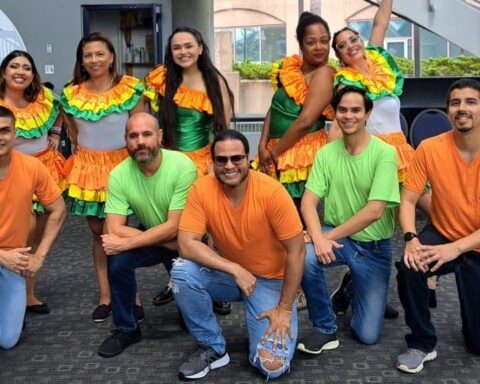Where to begin?
With the too-soon deaths of three young black men killed in separate incidents within a week last month?
Or with last Monday’s announcement the provincial government is restructuring — which is to say eliminating — a community-based program in North and East Preston, Cherry Brook and Lake Loon that had been helping young African Nova Scotians find jobs since 1983?
Or perhaps we should begin with the most recent: last Thursday, an independent human rights board of inquiry ordered Sobeys, our iconic, Nova Scotia-based supermarket chain, to apologize and pay $21,000 to a woman it racially profiled at its Tantallon store in 2009.
Nova Scotia has a race problem.
We like to believe the bad old days — segregated schools, movie theatres that wouldn’t allow blacks like Viola Desmond to sit in the white section, the Africville relocation — are now historic artifacts to be mea culpa-ed during African Nova Scotia Month each year — and then forgotten for the next 11.
The reality is we have never fully escaped our history.
The most obvious symbols have mostly disappeared. Restaurants on Quinpool Road no longer refuse to serve blacks as they did in the early 1960s when retired Senator Donald Oliver was a university student.
But blacks are still routinely followed around in stores by salespeople who assume they must be shoplifters, or stopped by police because… well, because.
Labour Minister Kelly Regan may be right when she says the jobs program she axed was administratively top heavy, but it’s hard to shake the belief her government is more committed to balanced budgets than to opportunities for those who have none.
“All of this leads to feelings of despair,” noted Reverend Rhonda Britton, the pastor at Cornwallis Street Baptist Church.
She was trying to make sense of the recent string of murders involving young black men. “They’ve had bad experiences in school or in society as people who have been marginalized, or people who have been discriminated against. It leads to a lack of self-worth — a devaluing of self and others,” she told the CBC.
That, more even than the murders, is the real crime, the societal crime we continue to commit. And our society pays a terrible price for that.
Stephen Kimber, a Professor of Journalism at the University of King’s College in Halifax, is an award-winning writer, editor and broadcaster.




